On August 25, 1953, neurosurgeon William Beecher Scoville drilled holes into the skull of a young epileptic named Henry Gustav Molaison and vacuumed out part of his brain. In August 2023, Mrs. McMorris watched her husband turn his hat backward while teaching her daughters to fish — and then she drank wine.
Modern man tends to think “botched lobectomy” is redundant, though the frequency and severity of Molaison’s seizures receded. Picture the neurosurgeon, contemplating the forthcoming medical association medals, the ceremonies he would keynote as the Jonas Salk of drilling holes into skulls, the Clara Barton of vacuuming-out brain tissue. Mr. Molaison left the operating room able to recount his childhood crush but could not tell you whether his parents were alive.
Over the next six decades Patient H.M., as he came to be known, became a human guinea pig. His inability to form new memories altered our understanding of the brain.
None of the literature I have read has linked Dr. Scoville’s groundbreaking brain vacuuming to the propagation of our species, but in my experience anterograde amnesia is just as essential to the creation of new life as wine. There is no other way to explain why mothers so easily forget the trauma of childbirth, nor for that matter why fathers are surprised anew by forty consecutive weeks of hormonal earthquakes. “This time will be different!” we say with each pregnancy test.
After a certain number of children, people expect a heightened level of expertise, particularly if you are writing a lifestyle column for which the sole qualifications are: “has kids; male.” I have failed this sort of test before. When my wife married the oldest of nine children, she assumed he would be able to answer queries about vital milestones in infant development. I didn’t mean to mislead her. I truly have been changing diapers since the age of ten, but you develop other skills when you’re barraged by newborns from the age of two to seventeen: namely, the ability to sleep through the night no matter how loud a baby cries.
After #1 was born, Mrs. McMorris was just as frustrated as Dr. Scoville must have been about his unfortunate breakthrough. But now that #6 is here, she too has fallen victim to anterograde amnesia. Thirteen years of sleep deprivation will do that. Here is a short list of the things we forget each go-round:
- The age at which babies outgrow Size 1 diapers (however old she was Tuesday)
- Every baby is born a beer snob. Instead of boring you with a disquisition about how a bottle does not allow the hops to breathe, she shrieks in your face to demonstrate her preference for tap, which is altogether a more pleasant experience than spending time with beer snobs
- The age at which babies experience sleep regression (the day they start blowing out Size 1 diapers)
- To retrieve the older children from school
Mr. Molaison may have lost his ability to form new memories, but his intelligence remained. He passed the time in hospital wards filling out crossword puzzles and was by all accounts good at them so long as clues predated 1953 — back when the Braves played in Boston, John F. Kennedy was a congressman and the dolorimeter was an acceptable medical instrument.
Dolorimeters delivered concentrated heat rays to a patient’s skin. They were designed to measure pain tolerance. Medical researchers of the day may have been fine with questionable brain surgery, but they believed enough in informed consent to allow patients to self-administer the death ray and withdraw it when they felt discomfort. The tougher patients could withstand a few seconds before throwing the instrument across the room. The problem is Molaison never budged even as researchers maxxed out the temperature. By day’s end he had no memory of holding the device.
And here is where the parent-as-infamous-amnesiac metaphor falls apart. For the pains associated with childrearing are real. The diapers need changing, the sheets need sterilizing, the cries need soothing — at least until month five when sleep training begins, a milestone as unforgettable to dad as Molaison’s childhood crush was to Patient H.M. You may grow accustomed to the discomfort of nature’s dolorimeters, but you can never grow numb to them. A funny thing happens as you clutch those self-administered death rays. All the particulars of discomfort are lost amid the milestones that matter: the first step, the first word, the first fish they catch while your wife is drinking wine. You adjust your hat. “This time it will be different.”
This article was originally published in The Spectator’s October 2024 World edition.












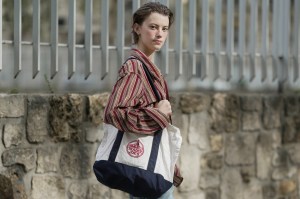
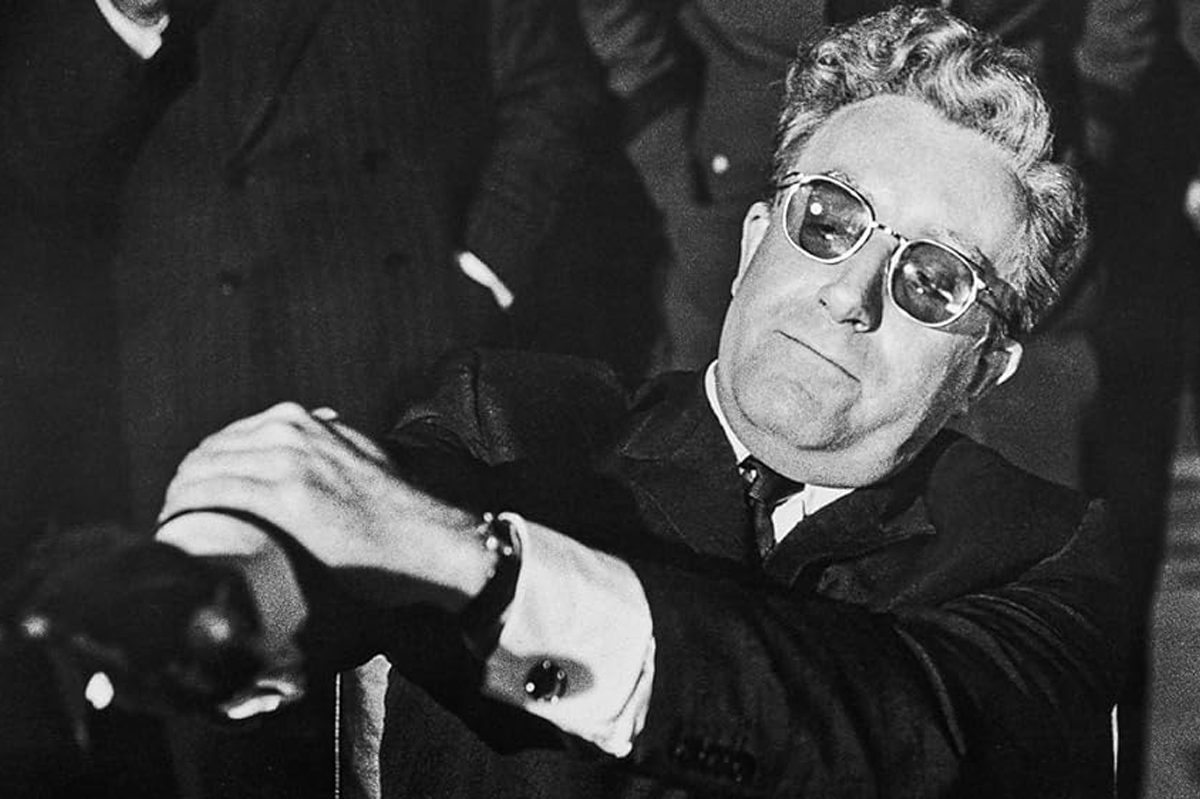
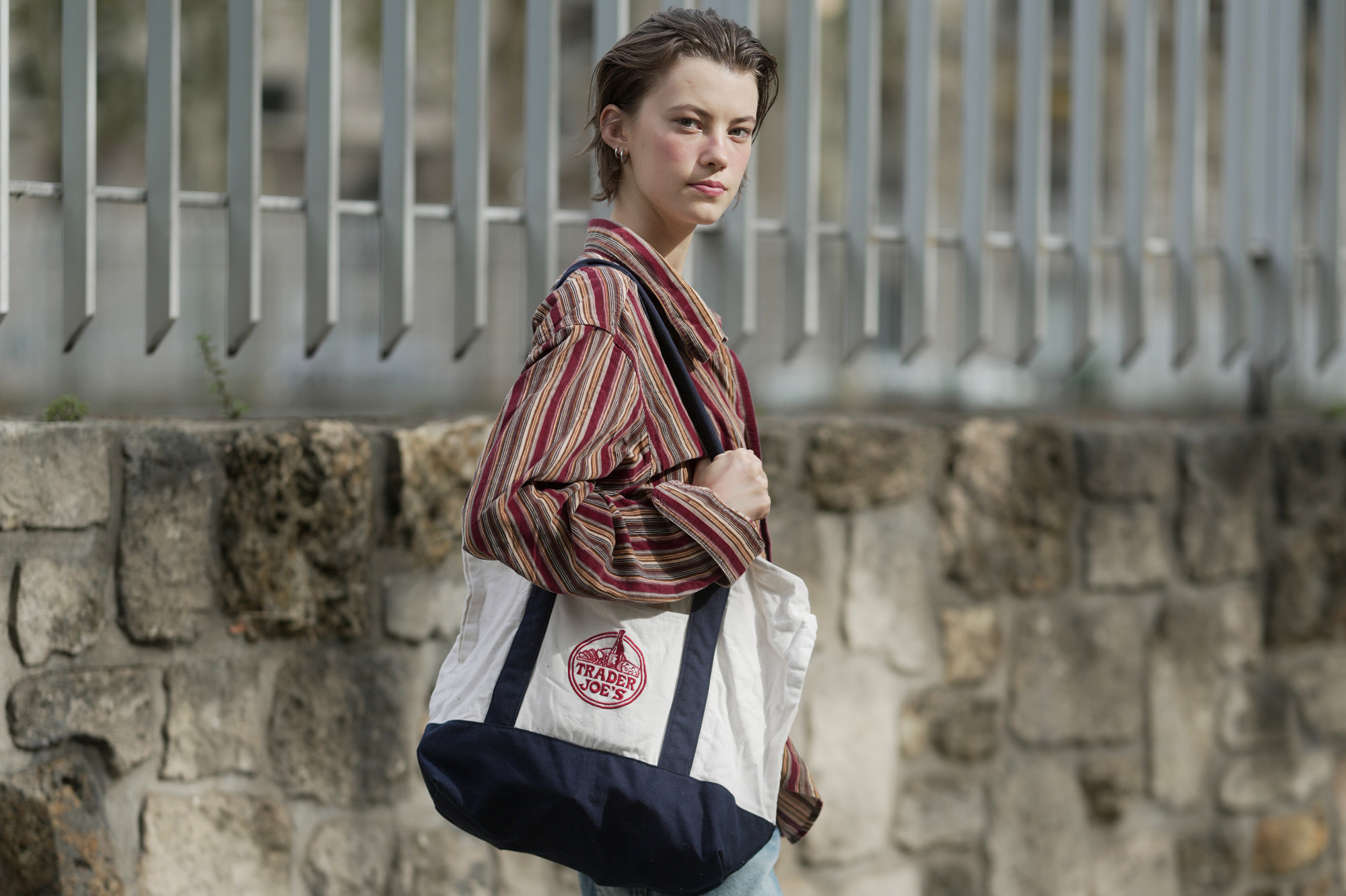
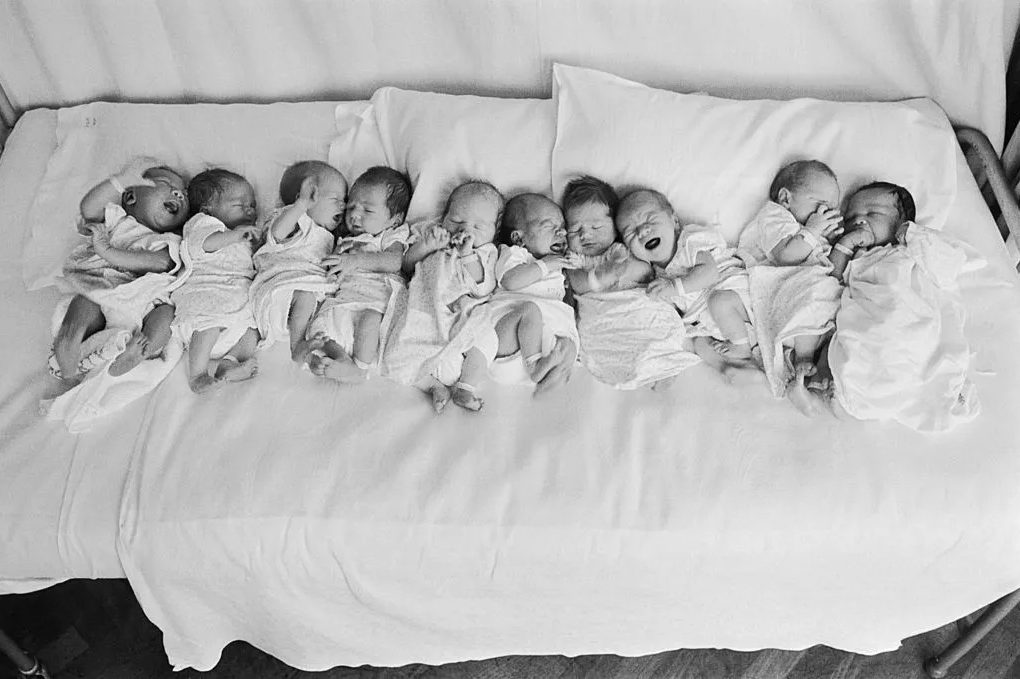
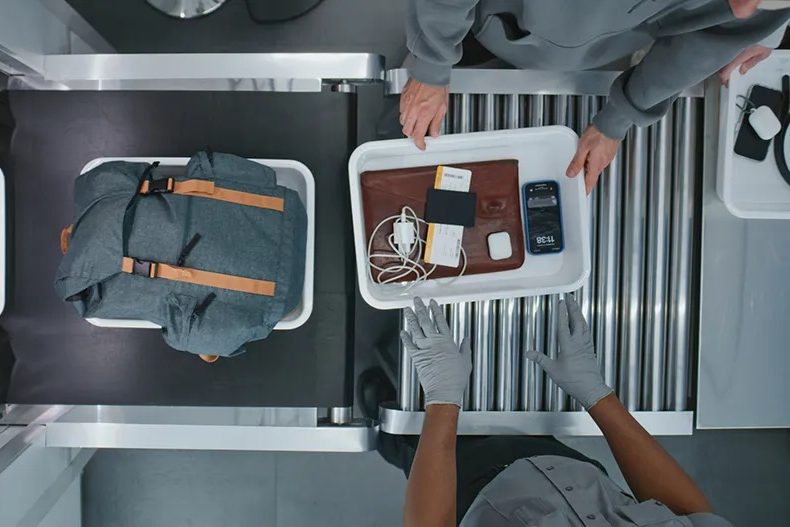









Leave a Reply